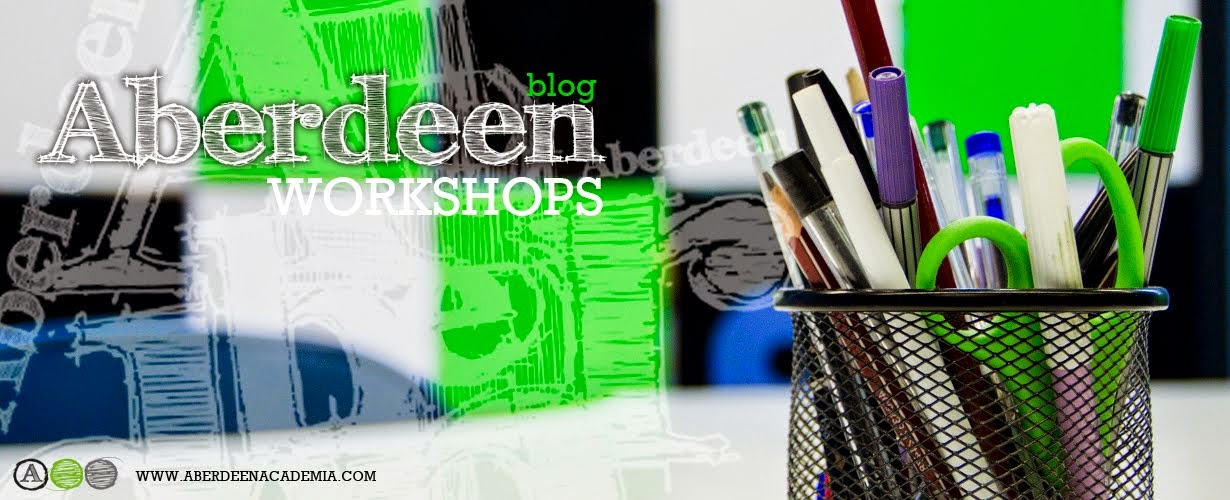AUTONOMOUS LEARNING
The idea is that you, students,
come to the school to work on whatever aspect of language or communication that
you decide, and that you take responsibility of your own learning. You
can work individually, but this is
only recommended in specific cases such as when you are studying for a specific
exam, if you have to do part of the classwork because you’ve missed a lesson,
if you want to practise writing emails for your job, if you want to read about
a topic of interest, etc. However, what we, teachers, consider to be the best
option is to work in groups and in a
collaborative way; since it is here that you have the opportunity to interact in
English with other students and teachers.
What can you do?
There are infinite options! Here you have a list of possible
activities, but you are more than welcome to come up with other ideas.
·
You can work on a project to have less to do in
class.
·
You can do homework.
·
You can improve you dossier by adding extra
writings or improving the writings already done.
·
You can make a list with all the new language
items of the unit and create something such as a poster or dictionary to help
other students too.
·
You can discuss a topic related to the unit and
organize a debate on that topic.
·
You can look for ideas on the web.
·
You can take ideas from our library.
·
You can create your own topics.
·
You can take a reading that you like news, short
stories, etc. and extract some topics for discussion.
·
You can think of many questions for discussion
and organize speedy debates for which
you only have ten minutes.
·
You can choose topics and characters and each
time you do a debate you take a role (character) and discuss the topic
according to the role.
·
Tongue twisters contests.
·
Spelling contests.
·
Poetry contests.
·
Vocabulary contests.
·
You can play online games.
·
You can play board games.
·
You can create your own games and later play.
·
You can create a visual dictionary.
·
You can create a poster showing figures.
·
You can explain something about the language.
·
You can explain whatever you want other people
to know.
·
You can teach each other something you can do.
·
You can explain how you cook your best dish.
·
You can teach what you do in your job.
What do we have in the library?
Our library is here to be used. It would be great if you
students took some minutes to get familiarized with it, because many resources that
we have could be of much help during the course. Summarizing, we can say that
in our library we have the following:
·
Grammar books and traditional class books, most
of them with answer key.
·
Books to practise for the FCE and CAE
examinations.
·
A folder with writing and reading activities.
·
A folder with speaking activities.
·
A folder with riddles and tongue twisters.
·
A folder with funny grammar exercises.
·
A folder with games
·
Different types of dictionaries.
·
Reading books.
·
Old newspapers, magazines and leaflets.
·
Board games.
·
Flashcards to practise vocabulary of certain
topics.

No comments:
Post a Comment